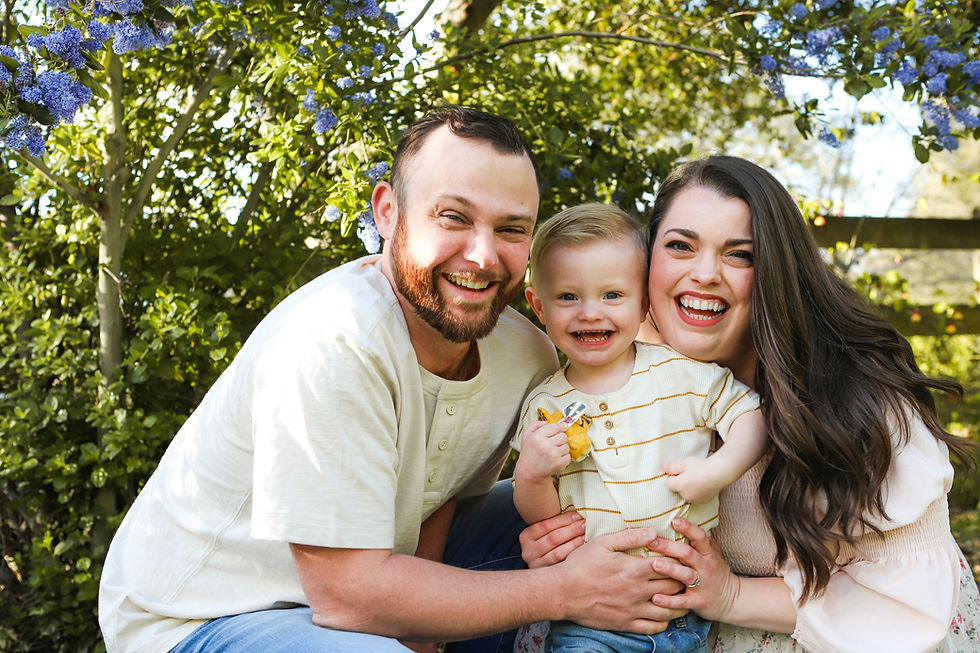Information from PACE Physio: Research on Torticollis and Reflux - are they connected?
- Dr. Janet Hale

- May 14, 2021
- 2 min read
Updated: Oct 17, 2025
A study done by Bercik et al. in 2019 decided to look at this question. They actually found in studying 2519 infants, that the group of infants with torticollis had a significantly higher rate of reflux compared to those without. Infants with reflux tend to tilt their heads away from the pain in their tummy or to the right side and arch backwards. Depending upon which side is affected with torticolis, the infant will tilt their head to the same side as the torticolis and turn their heads to the opposite side. You need to talk to your pediatrician about the best ways to manage reflux. How can a pediatric physiotherapist help me? To help with your infant's torticolis, a pediatric physiotherapist (physical therapist) will help you with massage of the area, prolonged stretching, positioning, ways to carrying your infant, tummy time strategies, strengthening the opposite side and helping with any developmental delays as a result of the torticollis. Remember the sooner you are seen by a pediatric physiotherapist, the less time it will take in treatment and the torticollis itself will have less severe impacts overall.
Questions: If you are in the Montreal area and are in need of a pediatric physiotherapist contact me at janethale@pacephysio.com or at my website at www.pacephysio.com. #kidsphysio; #PediPT; #torticollis; #motordevelopment; #motordelays

Torticolis et reflux... sont-ils liés ? Une étude réalisée par Bercik et al. en 2019 a décidé de se pencher sur cette question. Ils ont en fait découvert, en étudiant 2519 nourrissons, que le groupe de nourrissons atteints de torticolis avait un taux de reflux significativement plus élevé que ceux qui n'en avaient pas. Les nourrissons souffrant de reflux ont tendance à incliner la tête loin de la douleur dans leur ventre ou vers le côté droit et se cambrent vers l'arrière. Selon le côté affecté par le torticolis, le nourrisson inclinera la tête du même côté que le torticolis et tournera la tête du côté opposé. Vous devez parler à votre pédiatre des meilleures façons de gérer le reflux. Pour aider avec le torticolis de votre bébé, un physiothérapeute pédiatrique vous aidera avec le massage de la zone, les étirements prolongés, le positionnement, les façons de porter votre bébé, les stratégies de temps sur le ventre, le renforcement du côté opposé et l'aide à tout retard de développement en tant que résultat du torticolis. N'oubliez pas que plus tôt vous serez vu par un physiothérapeute pédiatrique, moins le traitement prendra de temps et le torticolis lui-même aura des impacts moins graves dans l'ensemble. Si vous êtes dans la région de Montréal et avez besoin d'un physiothérapeute pédiatrique, contactez-moi à janethale@pacephysio.com ou sur mon site Web au www.pacephysio.com. #kidsphysio; #PediPT; #torticollis; #motordevelopment; #motordelays








Comments